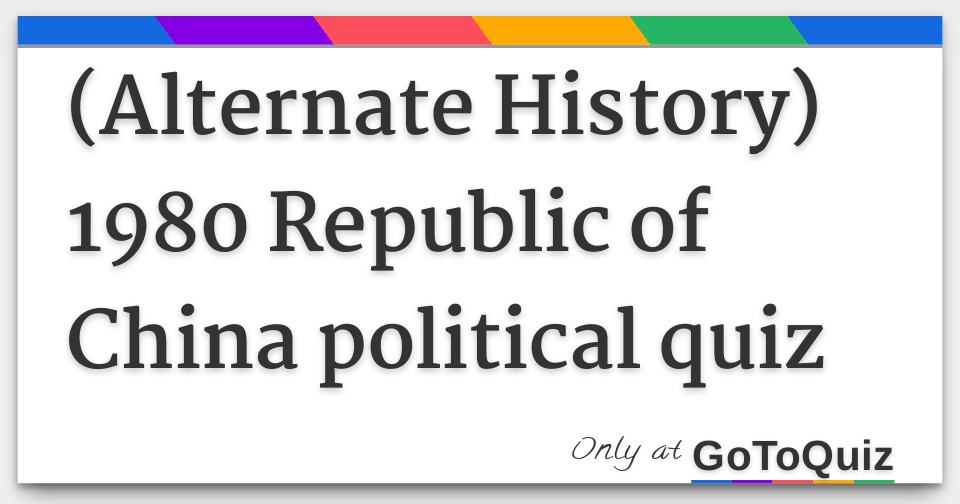Gerald Ford entered the White House in 1973, ending twelve years of Democrat rule. Though he was a moderate Republican, his election signified the turn towards conservatism in American politics. From the Great Depression to this point, most elections had been won by the Democrats. For the next few decades, most elections would be won by Republicans. He governed as a moderate conservative and he was moderate on foreign policy. He oversaw economic deregulation, particularly in the airline industry. He did, however, not attempt to undo environmental regulations put in place during the Humphrey administration. He was never able to get a Republican trifecta, though the Senate was controlled by Republicans for half of his presidency. He was able to reach across the aisle to get things accomplished, but was criticized by some within his own party for being insufficiently conservative on fiscal and social issues.
Gerald Ford’s first term went smoothly. Gas prices were already going down before he entered office and they continued to fall down to pre-1972 levels. The economy was good, and Ford was in a good position when 1976 came along. There were talks of a conservative challenge to Ford in the primaries, but they failed to materialize. In the Democratic Primary, Former Secretary of State Edmund Muskie defeated Georgia Governor Jimmy Carter, Senator Henry “Scoop” Jackson of Washington, and Governor Jerry Brown of California. Jimmy Carter would be his running mate. The Ford/Laxalt ticket would go on to win the election in a landslide. The popular vote was 53-46% and the electoral vote was 438-100.
On foreign policy, Ford did not represent much of a departure from his predecessors. His policies confirmed to the world that America would continue to stand behind Israel. He was also committed to the containment of Communism. Aid was given to Anti-Communist regimes in Latin America, Africa, and the Middle East. Aid was increased to Congo-Leopoldville, and the pro-Soviet rebels there were defeated. As Ford’s second term went on, the Middle East became a priority. Aid was increased to Saudi Arabia and Jordan. The US would oppose the new leftist government in Iran, and eventually closed its embassy in 1980. America would fund Islamist rebels in Iran in hopes of toppling the Pro-Soviet government in Tehran. Ford was criticized by hawks for allowing Kuwait to be invaded and occupied by Iraq. Back home, a recession damaged his popularity.
George H. W. Bush, US Senator from Texas, would seek the Republican nomination. He was broadly in line with Ford’s agenda, but he criticized Ford over Kuwait. He would defeat Vice President Paul Laxalt of Nevada and the conservative Representative Phil Crane of Illinois. His running mate would be Phil Crane. In the Democratic primaries, Senator Robert F. Kennedy of New York defeated California Governor Jerry Brown, Senator George McGovern of South Dakota, and Senator Walter Mondale of Minnesota. Walter Mondale would be his running mate. Kennedy was able to tie Bush to the unpopular Ford administration. He won in a landslide and became the first Democrat to win Vermont. The popular vote was 53-45% and the electoral vote was 409-129.

